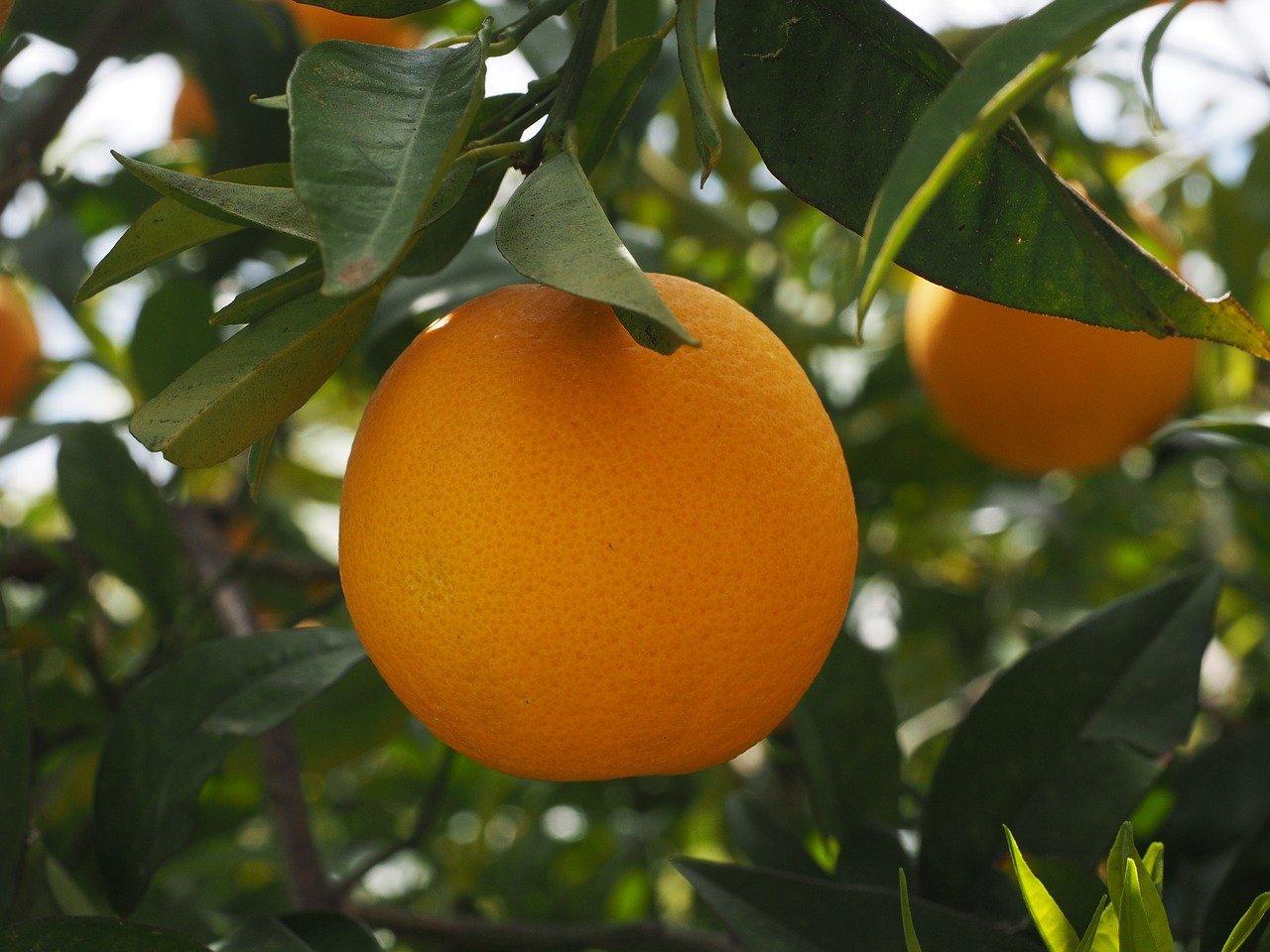See tips for managing citrus pests with biologicals and insecticides from a UF/IFAS Tip of the Week article.
Controlling Asian citrus psyllid (ACP) populations is still an important step in managing citrus greening even though the disease is endemic in Florida. According to a UF/IFAS Tip of the Week article, “Although HLB is established in Florida, it continues to spread through ACP feeding in already infected trees and by infecting newly planted young trees.” The article shared those biological controls found in Florida, and tips for using managing citrus pests using both biologicals and insecticides.
Biological Controls Found in Florida
The article shared the biological controls for ACP found in Florida. They include:
- “Several species of ladybeetles, lacewings and spiders [have been observed] inflicting natural mortality of ACP averaging 40% to 85%. These predators have also been shown to kill and reduce populations of other pests, including citrus leafminers, aphids, mealybugs, scales, mites sand thrips.”
- “The entomopathogenic fungus citriformisattacks multiple pests, including ACP, and is common in citrus groves and urban environments.”
- “The parasitoid radiatamass-produced and released in Florida is established and attacks ACP nymphs.”
Managing Citrus Pests With Biologicals and Insecticides
The article maintained that “Beneficial organisms provide significant reductions in ACP populations but are not enough. Therefore, chemical control is needed to enhance ACP suppression.” Tips for using both biologicals and insecticides from the article included:
1) “Application of soil-applied systemic insecticides that avoid direct contact with natural enemies.”
2) “Foliar sprays of insecticides directed mainly at adult psyllids, which are more vulnerable during winter when trees are producing little or no new growth, which limits ACP reproduction.”
3)” Rotating mode of action of insecticides in applications.”
The article also added that “Foliar sprays of broad-spectrum insecticides tested in the winter before spring growth suppressed ACP into the growing season. These applications had no detectible impact on key natural enemies and, therefore, were helpful for conserving populations of beneficial organisms,” and that “a program of organic insecticides sequentially mixed and alternated with horticultural mineral oil to control psyllids produced similar or better yields than a conventional program in a mature block of HLB-positive Valencia oranges. Similarly, conventional insecticides rotated with organic insecticides integrating biological control have shown promising results in suppressing ACP.”
Griffin Fertilizer is committed to helping both growers and ranchers make sound agronomic and economic decisions in order to maximize the health of their grove and pasture. As a full-service custom dry & liquid fertilizer blender and crop protection product distributor, we will continue our mission to further advance Florida agriculture. For questions -or concerns about your farm or pasture, contact us and one of our team will be in touch.

